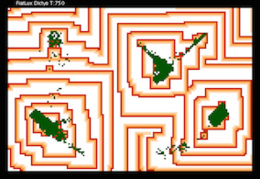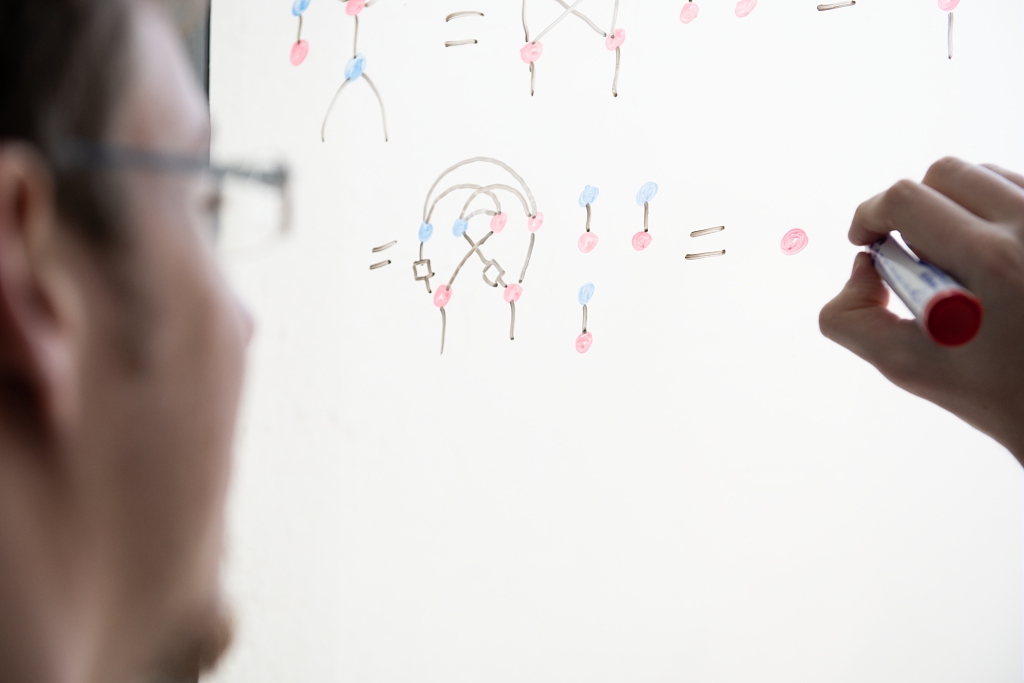The goal of the Mocqua team is to tackle challenges coming from the emergence of new or future computational models. The landscape of computational models has indeed changed drastically in the last few years: the complexity of digital systems is continually growing, which leads to the introduction of new paradigms, while new problems arise due to this larger scale (tolerance to faulty behaviors, asynchronicity) and constraints of the present world (energy limitations). In parallel, new models based on physical considerations have appeared. There is thus a real need to accompany these changes, and we intend to investigate these new models and try to solve their intrinsic problems by computational and algorithmic methods.
While the bit remains undeniably the building block of computer architecture and software, it is fundamental for the development of new paradigms to investigate computations and programs working with inputs that cannot be reduced to finite strings of 0’s and 1’s. Our team focuses on a few instances of this phenomenon: programs working with qubits (quantum computing), programs working with functions as inputs (higher-order computation) and programs working in infinite precision (real numbers, infinite sequences, streams, coinductive data, ...).
In the Mocqua team, we address problems that can lie at the interface with physics, biology, or mathematics. We employ tools and methods originating from computer science, that we sometimes enrich through these interdisciplinary interactions
Mocqua is structured around three models: Quantum Computing,
Higher-Order Computing and Computing with infinite precision.
The last term is arguably quite large in scope and will
mostly stand here for dynamical systems.
While quantum computing and higher-order computing are decidedly
different, it turns out that similar techniques can be used to answer
their specific problems.
Centre(s) inria
In partnership with
Contacts
Véronique Constant
Sophie Drouot
Sylvie Hilbert
Delphine Hubert
Elsa Maroko
News

MOCQUA, the new Inria Nancy centre research team

NEASQC: Charging electric vehicles using quantum systems
Murene: using graph theory to reduce bankruptcy risks
QuantumTech@Inria: developing quantum computing through scientific excellence

